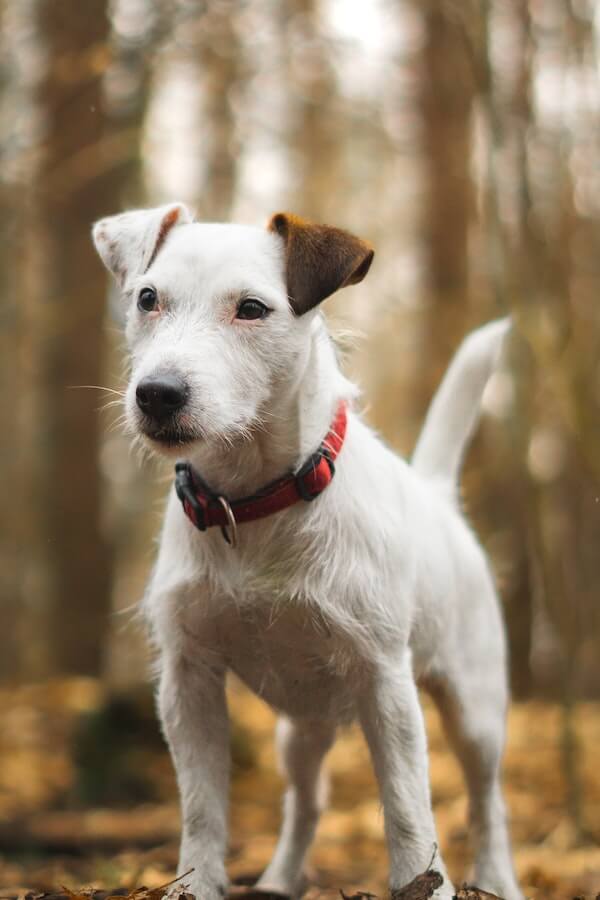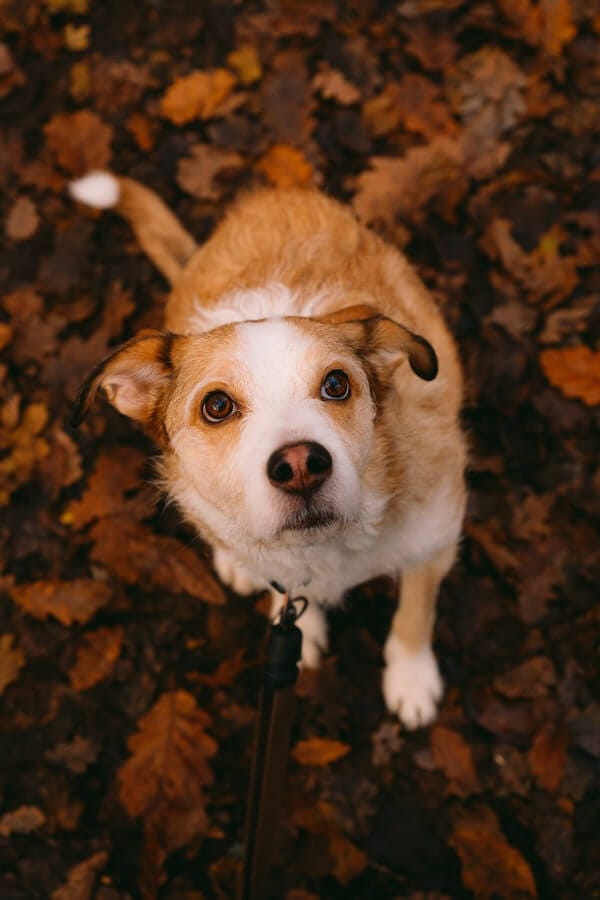
Do dogs get lonely? Well, if you have ever seen a pup pacing around the house after its owner has gone out for the day, then you might just say yes!
Dogs are social animals and can form strong bonds with people and other animals.
So when they’re left alone for extended periods of time, it’s natural that they may feel lonely.
Fortunately, there are plenty of ways to keep your pup company while you’re away so they don’t have to face those long days alone.
In this article, we’ll explore the signs of loneliness in dogs and some tips on how to make sure your pup never has to feel lonely again.
Do dogs get lonely?

Yes, dogs can get lonely. Just like humans, they are social creatures and need companionship to be happy and healthy. Dogs not receiving enough attention can become anxious, depressed, or even aggressive.
This is common in anxious dog breeds as they naturally tend to be more prone to feeling lonely.
Many experts believe that loneliness is caused by a lack of stimulation in the environment. That’s why it’s important for dog owners to provide their pets with plenty of mental and physical exercise every day.
This means taking your pup out on walks, playing fetch, teaching them new tricks—anything to keep their minds engaged and active!
Scientific research has shown that the same hormone associated with loneliness in humans is also found in many animals, including dogs. This means they experience loneliness just like us!
Dogs are social creatures, and just like humans, they need companionship to feel happy and secure.
Dogs are built to live in packs, so if your pup doesn’t have other canine friends to spend time with, it’s important for you to make sure that your pet gets enough attention and activities.
When dogs are neglected, it can lead to severe emotional and physical problems.
What are the signs of a lonely dog?

Loneliness in dogs can be pretty common and if you’ve noticed changes in your pet’s behavior it may be time to provide some extra attention!
Here are 5 signs of loneliness in dogs that you should look out for:
1. Changes in sleeping habits:
Does your pup seem to be sleeping more than usual? This could indicate that they aren’t getting enough mental or physical stimulation throughout their day and are feeling bored or anxious.
2. Destructive behavior:
A pup who is feeling left out might try to find ways to entertain themselves, and unfortunately, this often results in destructive behavior such as chewing on furniture or shredding the curtains.
3. Excessive barking or whining:
If you notice your pup is making an unusual amount of noise, this could be a sign that they’re feeling lonely and need some extra attention.
4. Loss of appetite:
A dog who isn’t getting enough playtime with their pet parent may eventually start to lose interest in food, leading to weight loss and other health issues.
5. Separation anxiety:
Some dogs can become very attached to their owners and manifest separation anxiety when left alone.
This can include pacing, panting, excessive drooling, or even destructive behaviors like scratching at doors or windows trying to get back inside the house!
If you suspect that your pup is feeling lonely, the best thing you can do is provide them with plenty of love and attention.
If symptoms persist it may be worth considering professional help from a vet or animal behaviorist.
It’s also important to remember that all dogs are different – what one pup requires in terms of companionship may be drastically different from another!
How to help a lonely dog?

Having a lonely dog can be heartbreaking, but there are many things owners can do to help their pups come out of their shells and find joy in life.
1. Make sure your dog is getting enough exercise:
Dogs need an outlet for their energy and loneliness, so make sure they’re getting plenty of walks and playtime!
Exercise not only helps release pent-up emotions, but it also stimulates the mind.
Just make sure you’re paying attention to your pup during these activities — if they seem overwhelmed or stressed, retreat back indoors until they’re feeling more comfortable.
2. Spend quality time with your furry friend:
It’s important to make sure your pup is getting the attention they need, especially when they’re feeling lonely.
Dedicate time in your day for quality time with your four-legged pal, whether it be a game of fetch or simply cuddling up on the couch for some snuggles.
3. Create an enriching environment:
Dogs thrive in environments that stimulate their minds and provide plenty of activities to keep them occupied.
Consider adding fun and interactive toys to their area. If there are other animals in the house, give them their own space so they won’t feel intimidated by the presence of others.
4. Socialize with other dogs:
If your pup is feeling lonely, consider taking them to doggy daycare or a pup meet-up to help them socialize and make friends.
At the very least, take your dog on regular walks so they can get used to being around others in a safe environment.
5. Give lots of love and reassurance:
Above all else, make sure you’re giving your pup plenty of love and reassurance that they are safe and loved.
Talk to them more often, give more treats as rewards for positive behavior, pet them frequently — whatever it takes to show that you care!
These tips are just the start when it comes to helping a lonely dog out of their slump. The possibilities are endless! So keep these tips in mind and your pup will be back to their old self again in no time.
Conclusion
In conclusion, dogs do get lonely. There’s no doubt that our four-legged friends need companionship and crave affection from their owners.
So, if you have a pup in your life make sure you give them lots of love – they definitely miss you when you’re not around!
- 7 Dog Breeds With Webbed Feet And Why Do They Have Them - July 19, 2023
- 10 Best Fish For Small Tanks That Make Perfect Pets - July 18, 2023
- How to Breed Guinea Pigs: A Detailed Guide - July 17, 2023


GIPHY App Key not set. Please check settings